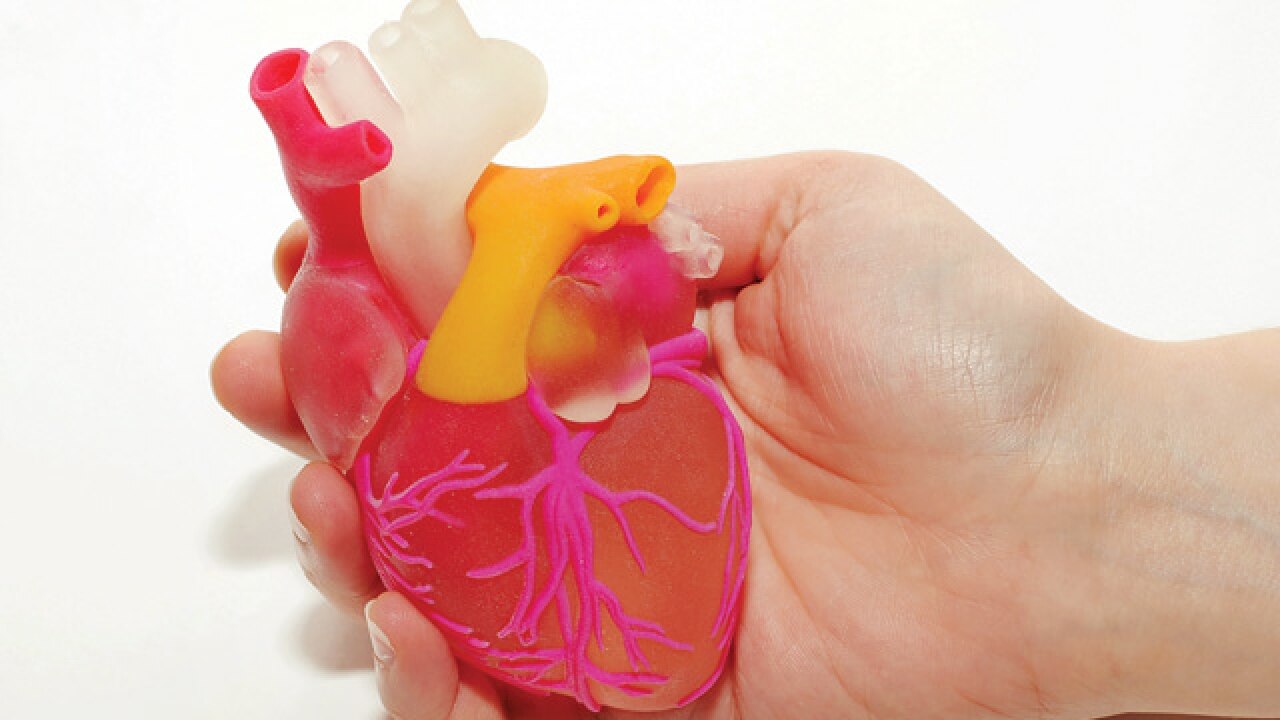
Several reasons are often quoted for the low organ donation rate in India. Even though illiteracy and strong religious beliefs are often thought to be responsible, the main reason is lack of awareness not only in the general population but also amongst doctors and paramedical staff.
Myth 1: Brain death is not death
The concept of BD is difficult to understand for a grieving family, especially when the heart can be seen beating on the monitor. Time is at a premium. Brain death is death. Brain death is not reversible. In fact, when BD is declared, the death form is also filled, even though the heart still beats. The 'Dead Donor Rule' is always followed in organ donation.
Myth 2: Organ donation after brain death is illegal
The Transplantation of Human Organs Act 1994 first provided for the regulation of removal, storage and transplantation of human organs for therapeutic purposes in India. The THOTR2014 has brought about several changes to streamline the process of declaration of brain death and organ retrieval.
Myth 3: Organ donation leaves the body disfigured.
The subject of organ donation is raised only after BD. The treating teams have a mandate to spare no efforts in saving life and have no part to play in the process of organ donation. There is no disfigurement or mutilation of the body. A person who is BD perceives no pain. Organs are removed with the greatest care and dignity by a team of specially trained surgeons in the operation theater.
Myth 4: Permission of the family is not required for organ donation
One can pledge to donate organs and tissues by making an organ donor card. There are at least 50 organizations in the country that help in making the donor card (e.g. on-line pledge may be taken at www.fortishealthcare.com). The donor card has no legal standing. At the time of BD the donor is on a ventilator and the family is required to take the decision. Making a pledge helps the family to make the right decision.
Therefore, it is of utmost importance that at the time of signing up as an organ donor, one shares the decision with the family.
Myth 5: If one donates organs one may be born without a kidney or liver in my next birth.
These reincarnation beliefs are easily countered by the argument that while getting rid of a part of the body surgically for a malignancy no such thought comes to mind! Then why the negative thoughts when it comes to doing something positive for someone else.
Myth 6: Religious issues discourage us from organ donation.
No religion prohibits organ donation. Religious beliefs are a punching bag we tend to use as an excuse for poor organ donation in the country.
HINDUISM: "…….it is said that the soul is invisible, knowing this you should not grieve for the body." Daan is the act of selfless giving. -Bhagvad Gita, chapter 2:25.
SIKHISM: "The dead sustain their bond with the living through virtuous deeds". -Guru Nanak, Guru Granth Sahib, p 143.
ISLAM: "Whosoever saves the life of one person would be as if he saved the life of all mankind". - Holy Quran, chapter 5:32.
CHRISTIANITY: Sacrifice and helping others are consistent themes in Christianity, which teaches the principle of seeking for others what you hope others would do for you. Teaching of Jesus Christ:- "…. Freely you have received, freely give."- Mathew, chapter 10:8.
(Dr Avnish Seth is Director, Fortis Organ Retrieval & Transplant (FORT) at Fortis Memorial Research Institute, Gurgaon)